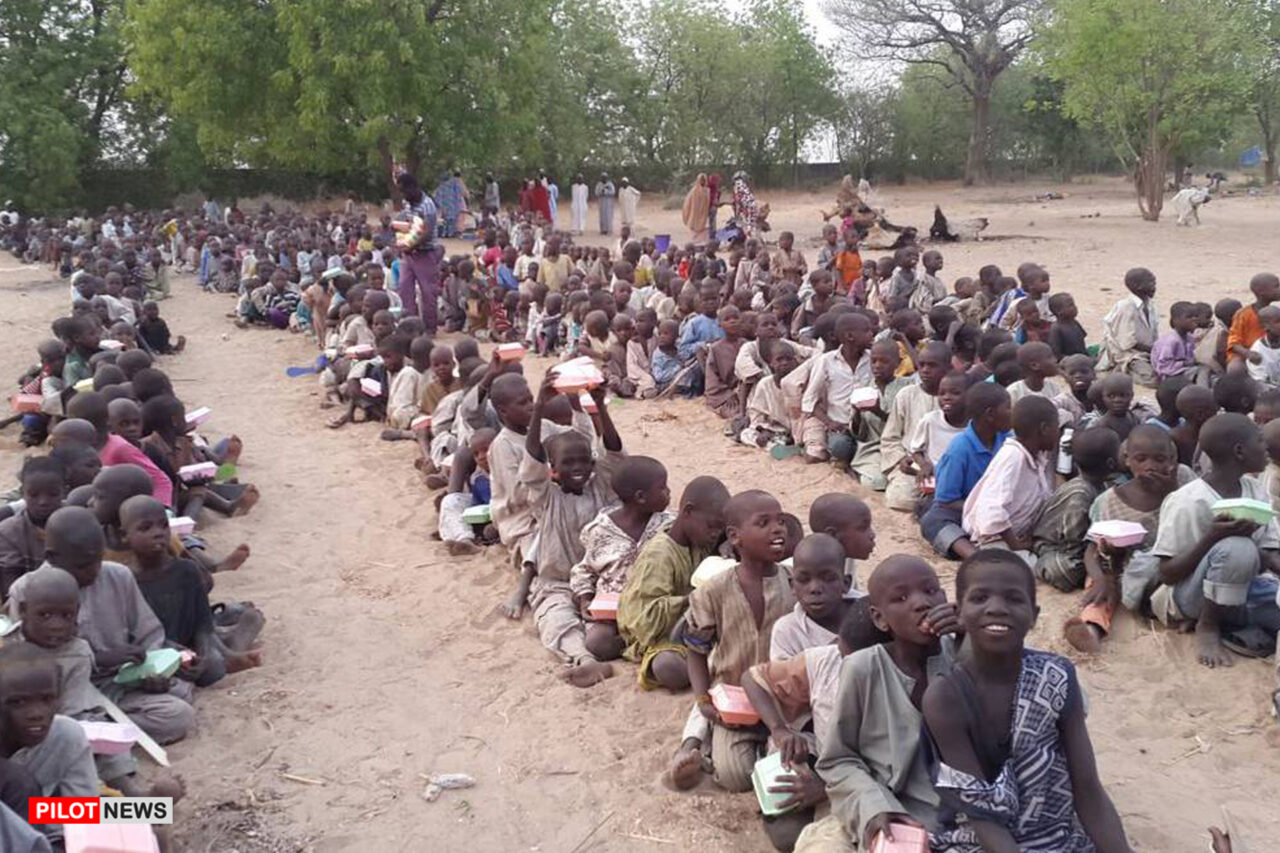In a rare policy reversal following widespread aid suspensions, the United States has approved US$32.5 million in humanitarian assistance for Nigeria.
The funding aims to alleviate hunger among internally displaced persons (IDPs) in conflict-affected regions, marking a significant shift since the U.S. government under President Donald Trump withdrew most support from the U.S. Agency for International Development (USAID).
According to a statement issued by the U.S. Mission to Nigeria, the new funds will deliver both food and nutritional assistance to 764,205 beneficiaries across the country’s north-east and north-west.
In particular, “complementary nutrition top-ups for 41,569 pregnant and breastfeeding women and girls and 43,235 children through electronic food vouchers” will be distributed.
The funding arrives amid urgent warnings from the World Food Programme (WFP) that northern Nigeria is experiencing an “unprecedented hunger crisis”.
Margot van der Velden, WFP’s Regional Director for West Africa, cautioned in July that more than 1.3 million people are at risk of going without food and that 150 nutrition clinics in Borno State may face closure.
Earlier this year, the WFP was forced to suspend food aid in several crisis-stricken West and Central African countries due to severe global funding cuts. Food stock shortages were projected to last until September, threatening millions of vulnerable lives.
Insecurity continues to exacerbate the humanitarian situation. Recent months have seen a surge in attacks across the northwest and northcentral regions, where disputes over land and water have ignited communal violence. In one such incident in June, 150 people were killed.
Furthermore, Nigeria’s northeast remains plagued by a long-standing insurgency, which has left approximately 35,000 civilians dead and over two million people displaced, according to United Nations estimates.
A Reuters analysis amplifies the gravity: 31 million Nigerians now confront acute food insecurity, the highest number globally, and USAID had previously provided 60 per cent of humanitarian funding before it was frozen in January 2025 under President Trump.
The impact is stark: the WFP has closed 150 nutrition centres during the critical lean season, and 600,000 children are now at risk of death due to insufficient treatment.
- Tinubu Welcomes Egbetokun’s Resignation, Appoints Tunji Disu as Acting IGP - February 25, 2026
- Tinubu Welcomes Egbetokun’s Resignation, Appoints Tunji Disu as Acting IGP - February 25, 2026
- Paris Saint-Germain’s Achraf Hakimi to Stand Trial over Rape Allegation - February 25, 2026

